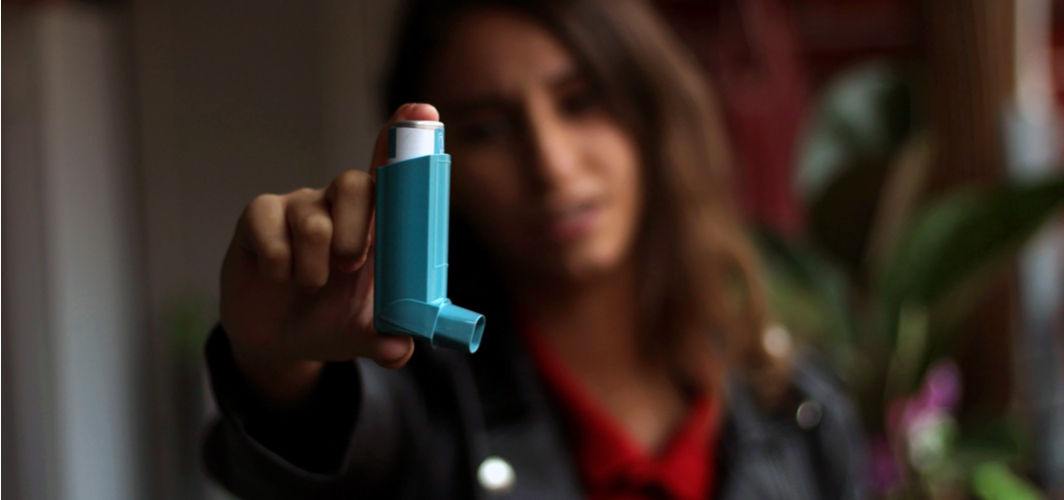Respiratory Health
Can You Keep a Pet If You Have COPD?
5 min read
By Apollo 24/7, Published on - 01 December 2020, Updated on - 07 August 2024
Share this article
0
0 like


What is COPD?
What are the triggers for COPD?
- Tobacco smoke (both first-hand and second-hand smoking)
- Chemical fumes released from toxic cleaning products, paints, and other solvents
- Dust (produced both indoors and outdoors)
- Pet dander (tiny bits of skin shed by animals)
- Strong smell produced from perfumes, scented candles and air fresheners
- Indoor pollution by the fumes released during cooking, oil heaters, etc.
- Outdoor air pollution
- Extreme weather (too hot or too cold)
- Pollen allergies (during spring and autumn seasons).
Can having a pet aggravate COPD?
What precautions can people with COPD and pets take?
A clean and groomed pet can make a substantial difference. Regular bathing and brushing the pet can minimize the dander from spreading.
People with COPD should avoid engaging in grooming and bathing of the pet themselves. A professional, family member or friend could help with this.
Brushing and cleaning the pet should always be done outside the house so as to minimise the spread of dander and fur inside the house. Wear a mask during the cleaning.
Toys, litter boxes and cages of the pets should be thoroughly cleaned, while wearing a mask, to minimise any contact with dander, fur, urine and saliva.
COPD patient must not let their pet come in close proximity to their face as the germs and fluff dander are more likely to spread this way and can negatively aggravate the disease.
Regular visits to the vet must be ensured to keep the pet updated on the vaccination schedule.
One can use professional products such as pet wipes as they do not strip the natural oils from the fur but can effectively clean the animal.
The frequency of the pet’s baths should not be too often as it could lead to dry skin which results in more shedding.
A high-efficiency particulate air purifier (HEPA purifier) can help keep the home from the dander accumulated in dust particles, which land on various surfaces across the house.
Use of vacuum cleaners all around the house is recommended to get rid of pet dander. Vacuum bags are easier to clean, thereby reducing the risk of dander spreading via the air. Make sure that the carpets in the house are cleaned thoroughly.
The bedroom should be kept as a sanitized, dander and fur-free area, by keeping pets away from here.
Takeaway
Respiratory Health
Consult Top Counseling Specialists
View AllLeave Comment
Recommended for you

Respiratory Health
Can Seasonal Air Pollution Affect Respiratory Health?
Polluted air becomes a major public health emergency with the arrival of the winter season every year.

Respiratory Health
Pneumonia: Know The Causes And Who All Are At Risk
Pneumonia is a severe lung infection wherein the air sacs are inflamed and filled with fluid. If not treated promptly, pneumonia can turn deadly, especially in children and the elderly.

Respiratory Health
Improve Your Respiratory Health This Winter
People with pre-existing respiratory conditions such as asthma and COPD witness exacerbation of their conditions as the cold temperatures may make it difficult to breathe comfortably.
Subscribe
Sign up for our free Health Library Daily Newsletter
Get doctor-approved health tips, news, and more.
Visual Stories

Can Asthma Symptoms Get Worse Indoors?
Tap to continue exploring
Recommended for you

Respiratory Health
Can Seasonal Air Pollution Affect Respiratory Health?
Polluted air becomes a major public health emergency with the arrival of the winter season every year.

Respiratory Health
Pneumonia: Know The Causes And Who All Are At Risk
Pneumonia is a severe lung infection wherein the air sacs are inflamed and filled with fluid. If not treated promptly, pneumonia can turn deadly, especially in children and the elderly.

Respiratory Health
Improve Your Respiratory Health This Winter
People with pre-existing respiratory conditions such as asthma and COPD witness exacerbation of their conditions as the cold temperatures may make it difficult to breathe comfortably.


